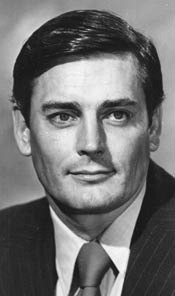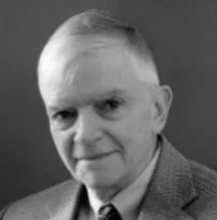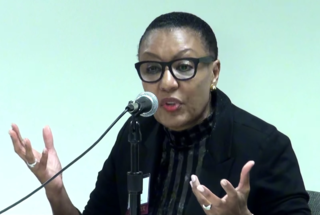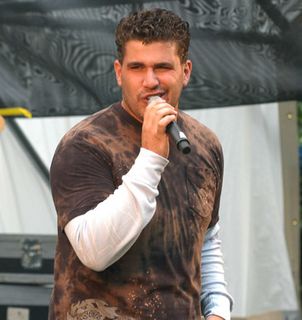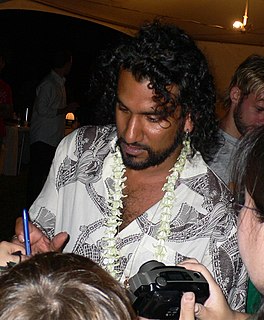A Quote by Bill Alexander
Intellectuals, academics, writers and poets were an important force in the early groups of volunteers. They had the means to get to Spain and were accustomed to travelling, whereas very few workers had left British shores.
Related Quotes
Greece, alone, is in a very vulnerable position. If the Greeks had had support from progressive left and popular forces elsewhere in Europe they might have been able to resist the demands of the Troika, but they had almost no support. Not even from Portugal, Spain, or other left forces. They were left alone.
Land Grant College Act is the jewel of Republican reform. It had not occurred to any other country to educate their farmers and workers. When the British studied the reasons for American success in 1851, the consensus was that Americans workers were well educated. So they didn't oppose progress the way British workers did.
I had very supportive parents that made the way for me, even at a time when there were very few women - no women, really; maybe two or three women - and very few, fewer than that, African-American women heading in this direction, so there were very few people to look up to. You just had to have faith.
The last publicized center of American writing was Manhattan. Its writers became known as the New York Intellectuals. With important connections to publishing, and universities, with access to the major book reviews, they were able to pose as the vanguard of American culture when they were so obsessed with the two Joes--McCarthy and Stalin--that they were to produce only two artists, Saul Bellow and Philip Roth, who left town.
London in the '70s was a pretty catastrophic dump, I can tell you. We had every kind of industrial trouble; we had severe energy problems; we were under constant terrorist attack from Irish terrorist groups who had started a bombing campaign in English cities; politics were fantastically polarized between left and right.
I started moving away from poets like Wallace Stevens and Hart Crane and started reading poets like, again, Karl Shapiro, Howard Nemerov, Philip Larkin, and the British poets who were imported through that important anthology put together by Alvarez - and those would include Thom Gunn and Ted Hughes. And I think these poets gave me assurance that there were other ways to write besides the rather involuted style of high modernism whose high priests were Pound, Eliot and Stevens, and Crane perhaps.
